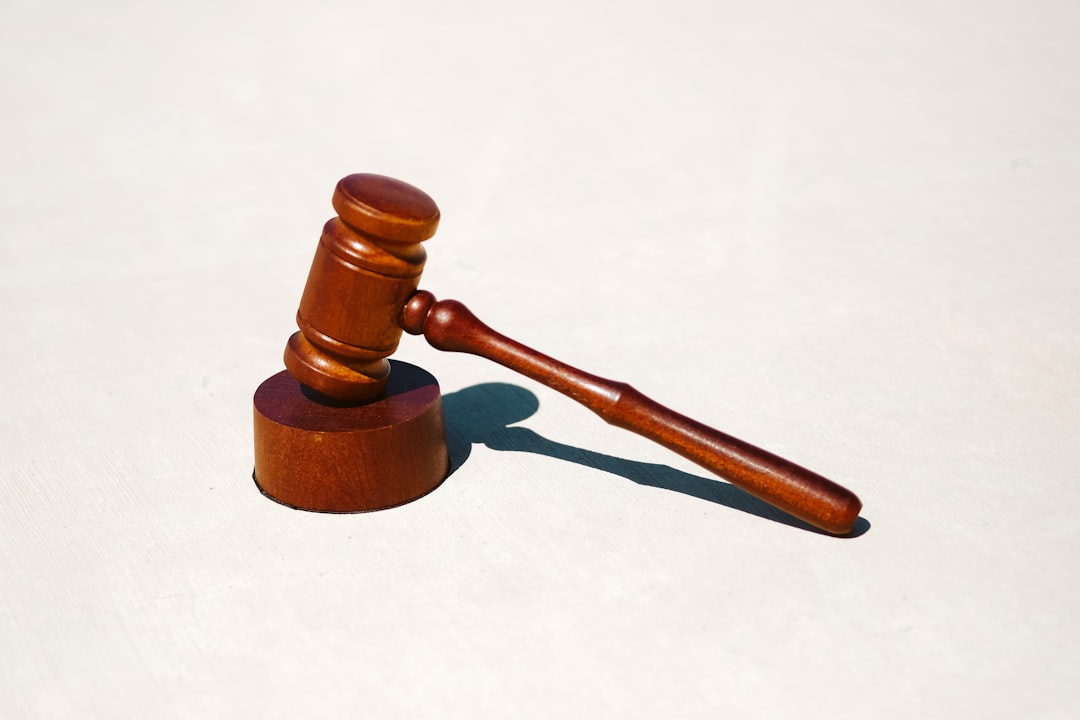Recognizing behavioral changes like withdrawal, fear, secrecy, aggression, or loss of interest in activities is crucial in identifying potential sexual abuse in children. Physical signs may include unusual injuries, rashes, or changes in eating/sleeping patterns. If a child reports discomfort or inappropriate touching, immediate action is necessary. Sexual assault lawyers in Dallas, TX emphasize the importance of prompt investigation and professional help, including medical attention, reporting to authorities, and legal guidance to safeguard the child's well-being and hold perpetrators accountable.
In Dallas, recognizing the warning signs of sexual abuse among children is paramount for their well-being. This comprehensive guide delves into the subtle behavioral changes, physical symptoms, and non-verbal cues that may indicate a child has experienced sexual exploitation. Understanding common patterns and red flags empowers parents and caregivers to take action. Furthermore, this article outlines the significance of seeking legal help from experienced sexual assault lawyers in Dallas, TX, for survivors and their families, ensuring justice and healing.
Recognizing Behavioral Changes in Dallas Children

Recognizing behavioral changes is a critical step in identifying potential sexual abuse in Dallas children. Parents, caregivers, and teachers should be vigilant for any unusual or sudden shifts in a child’s demeanor. These could include becoming increasingly withdrawn, displaying extreme fear or anxiety around certain people or places, or exhibiting secretive behaviors, such as avoiding eye contact or quickly changing the subject when asked about personal activities. Children who have experienced sexual assault may also exhibit unexpected aggression, become more passive, or display a sudden loss of interest in previously enjoyed activities.
If you suspect that a Dallas child is experiencing sexual abuse, it’s crucial to seek immediate assistance from professionals. Contacting a trusted healthcare provider, counselor, or reporting to local authorities are essential steps. Additionally, considering legal counsel from experienced sexual assault lawyers in Dallas TX can provide guidance and support for the child and their family as they navigate this challenging situation.
Physical Signs and Symptoms of Sexual Abuse

The physical signs and symptoms of sexual abuse in children can vary greatly, but there are some common indicators to watch for. Children who have experienced sexual assault may present with unusual injuries or medical conditions that don’t seem to have a clear cause. This could include unexpected bleeding, rashes, or other skin changes, as well as genital or anal injuries. In some cases, children might also exhibit behavioral changes such as withdrawal from activities they once enjoyed, extreme fear or anxiety in certain situations, or sudden changes in their eating or sleeping patterns.
If a child reports feeling uncomfortable or describing inappropriate touching, it’s crucial to take these statements seriously. Sexual assault lawyers in Dallas, TX, emphasize the importance of immediate action when suspecting sexual abuse. Any unusual behavior or physical symptoms should prompt parents, caregivers, and authorities to investigate further and seek professional help to ensure the child’s safety and well-being.
The Impact of Non-Verbal Cues: What to Look For

Children often struggle to express sexual abuse verbally, so it’s crucial to understand their non-verbal cues. Be attentive to sudden changes in behavior such as withdrawal from social activities, extreme shyness around certain individuals or places, or a significant decline in academic performance. These shifts might indicate that something is amiss.
Watch for physical signs like unexplained injuries, rashes, or changes in eating habits. Children may also exhibit unusual sexual behaviors, like exploring their bodies in ways they didn’t before or displaying knowledge about sexual acts beyond their age. If you notice any of these red flags, consider seeking help from a professional or contacting sexual assault lawyers in Dallas, TX, who can guide you through the legal process and support your child’s recovery.
Common Patterns and Red Flags in Child Sexual Abuse Cases

In many cases of child sexual abuse, certain patterns and red flags emerge that can help identify and address this heinous crime. It’s crucial for parents, caregivers, and communities in Dallas, Texas, to be vigilant and recognize these signs early on. Sexual assault lawyers in Dallas TX often see consistent indicators that signal a child may have been victimized. These include secretive behavior, such as sudden shyness or avoidance of certain people or places, and changes in mood or emotional state, like severe anxiety or aggression.
Physical symptoms are also common red flags, including unexplained injuries, sexual knowledge beyond their age, or unusual behavior during sexual conversations or interactions. Additionally, a child might display a sudden loss of interest in activities they once enjoyed or show signs of physical discomfort or pain. Prompt action is essential if any of these patterns are observed, as early intervention can significantly impact the child’s recovery and legal proceedings against potential abusers.
When and How to Seek Legal Help for Survivors

If your child has experienced sexual abuse in Dallas, it’s crucial to take immediate action. The first step is to ensure their safety and well-being by seeking medical attention and reporting the incident to local authorities. After this initial response, the next critical phase involves legal support.
Survivors of childhood sexual assault can greatly benefit from consulting with experienced sexual assault lawyers in Dallas, TX. These professionals specialize in navigating complex legal systems and advocating for victims’ rights. They can guide you through the legal process, help file charges against perpetrators, and ensure that your child receives the justice they deserve. Legal counsel can also assist with potential civil lawsuits to hold accountable those responsible and provide compensation for any resulting damages or trauma.





